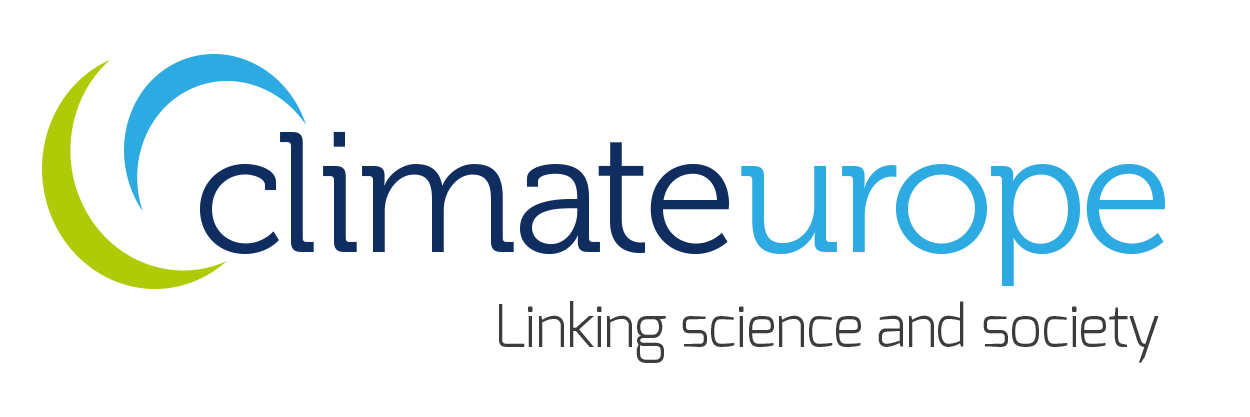A calendar of international conferences, workshops, seminars, and all kinds of event related to Climateurope activities and topics: Climate Services, Climate Observation, and Earth-System modeling
American Meteorological Society (AMS) committee on Radar Meteorology and Local Organizing Committee in Japan welcome academics from a broad range of disciplines, including radar technologies, numerical model, satellite remote sensing, hydrology, signal processing, and atmospheric science on any aspect related to radar meteorology.
European Research and Innovation Days are an annual policy event that will bring together world leaders from industry, finance, academia and business to debate and shape the future research and innovation landscape.
Speakers will include ministers, commissioners, members of European Parliament, researchers, as well as surprise guests each day.
The conference aims to mobilise EU citizens and increase awareness and understanding of how important research and innovation are in addressing the challenges that face society. It will be a celebration of the very best EU research and innovation has to offer. A key challenge for Europe is delivering the next great transition of our economy, society and planet to secure a sustainable future that ensures the wellbeing of citizens. The event will be central to finding research and innovation solutions for this great transition by working across polices, setting the direction, spurring innovation, triggering investment, and mobilising citizens and end-users.
Engaging stakeholders to co-create and build the strategic priorities for the first 4 years of Horizon Europe, will be at the heart of the 2019 European Research and Innovation Days.
Keep up to date with developments on our new conference website and follow @EUScienceInnov on Twitter/Facebook using the conference hashtag #RiDaysEU.
ICE Coastal Management 2019 will gather delegates from around the world to focus on new approaches to coastal engineering that integrate planning and ‘place-shaping’ to encourage bold adaptation to coastal change, and that balance environmental and community concerns.
This conference merges up to three unique satellite conferences into one major event. It has been the practice of the American Meteorological Society (AMS) Satellite Meteorology, Oceanography, and Climatology (SatMetOC) Committee (organizers of the 23rd AMS Satellite Meteorology, Oceanography and Climatology Conference) and the European Organisation for the Exploitation of Meteorological Satellites (EUMETSAT; organizers of the 2019 EUMETSAT Meteorological Satellite Conference) to hold joint conferences approximately every six years, most recently in Vienna (2013), and previously in Amsterdam (2007) and Paris (1998).
The conference will provide an opportunity to discuss mainstreaming nuclear power as a low carbon energy source and its role in combating climate change.
The mathematics of climate change is one of the grand challenges of 21st century. Atmospheric phenomena range from large scale monsoons and jet stream meanders with spatial scales of thousands of km’s and time-scales of months to years all the way down to individual cumulus clouds formed by turbulence with spatial scales of 100 meters and time-scales of minutes. This workshop will help develop the mathematics necessary to advance our understanding of how to efficiently and accurately link these physical processes. Improvements in this “physics-dynamics” coupling is the major obstacle to improved accuracy of climate models.
The global collaborative initiative “Coordinated Regional Climate Downscaling Experiment” (CORDEX) aims to develop and provide detailed, regional climate information necessary for vulnerability, impact and adaptation studies at local and regional levels.
CORDEX is working to meet the increasing need for reliable regional climate information communicated in a manner enabling effective impact and adaptation planning.
Some of the topics that will be highlighted at The International Conference on Regional Climate (ICRC)-CORDEX 2019 are: benefits of downscaling, including biases and uncertainties; further development of earth system models; the human factor and impacts and applications. The conference will also provide a platform for scientists and users from all parts of the globe to meet and advance capacity development, training and knowledge exchange as well as to build new and enhance existing co-operation.
The conference will be held in Beijing, China, 14-18 October 2019.
